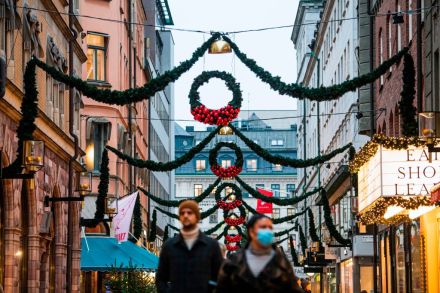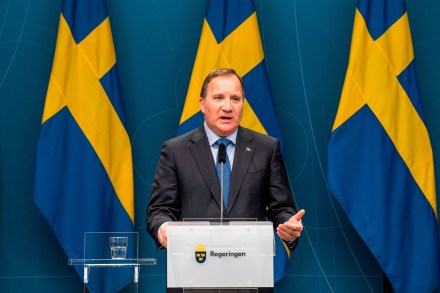Nato is no longer ‘brain dead’
Finland and Sweden will be formally invited to join Nato today. Them joining the alliance will bolster Nato’s presence in the Baltic and make it easier to defend Latvia, Lithuania and Estonia. The alliance now has a clear, strategic purpose again Turkey had objected to the two countries joining, regarding them as too soft on Kurdish separatists, whom President Recep Tayyip Erdogan sees as ‘terrorists’ threatening his country. But having received some concessions on that front, Erdogan has dropped his objections. There’s also speculation that the US will sell F-16 fighter aircraft to Turkey in exchange for its cooperation on this matter. It is remarkable that Sweden, a country which has so




















